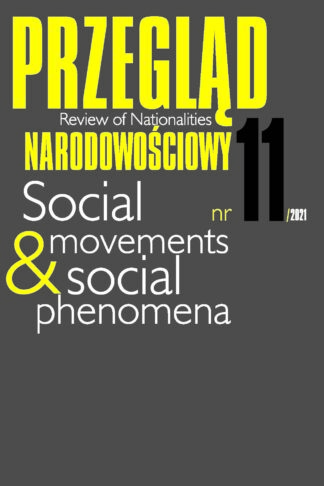Opis
Nowadays, the influence of religion on shaping the collective consciousness of societies, their systems of axiology, and, consequently, the functioning of individual states is often
underestimated. This also applies to the Western civilization, where secularization processes are taking place. Essentially, the West adheres to an axiology rooted in Christianity,
even though institutional religion is becoming increasingly weaker. One of the first scholars to recognize the impact of religion on the formation of national psychology
was Gustave Le Bon (Le Bon, 2024: 128-133). An extremely important achievement of Christian civilization is the emergence of individualism and the associated principles of tolerance, as well as the cultivation of democracy and the establishment of an international
system for the protection of human rights. According to Marek Piechowiak, this system originates from both Christianity and the philosophy of St. Thomas Aquinas (Piechowiak, 1999: 263-265). The contemporary discourse surrounding issues of sexual minorities also has its roots in Christianity. Opponents of tolerance often cite passages from the Old Testament, while its supporters, though not directly referring to religious arguments, base their views on the principles of individualism, freedom, and dignity, ultimately drawing upon Christian thought. This significant divergence stems from the internal contradictions within Christianity and, consequently, the axiological system of Europeans. These dissonances arose because Christianity has been eclectic from the very beginning. One could say that elements of Judaism, Neoplatonic philosophy, and local religious cults were forcibly combined with narratives about the life and teachings of Jesus (Perszon, 2012: 228-247).
[frg. tekstu]










